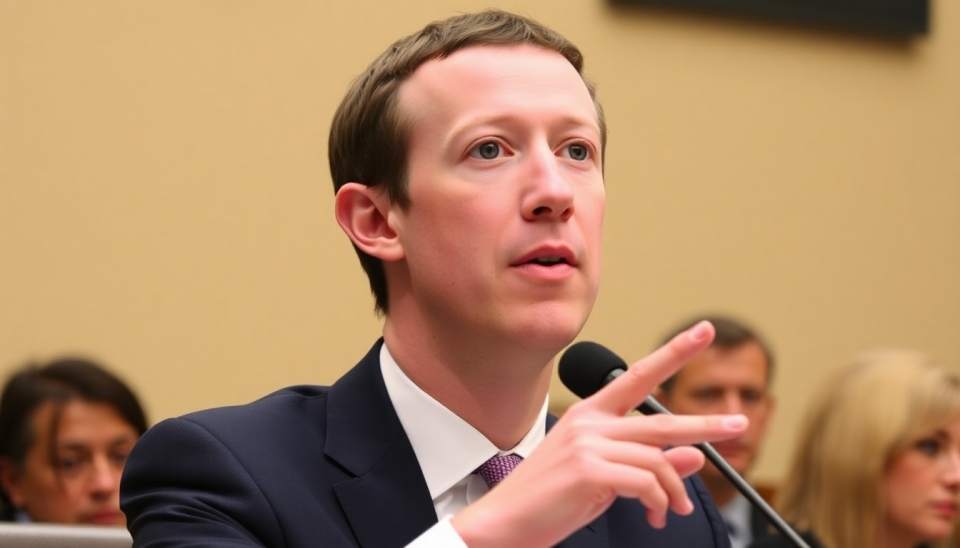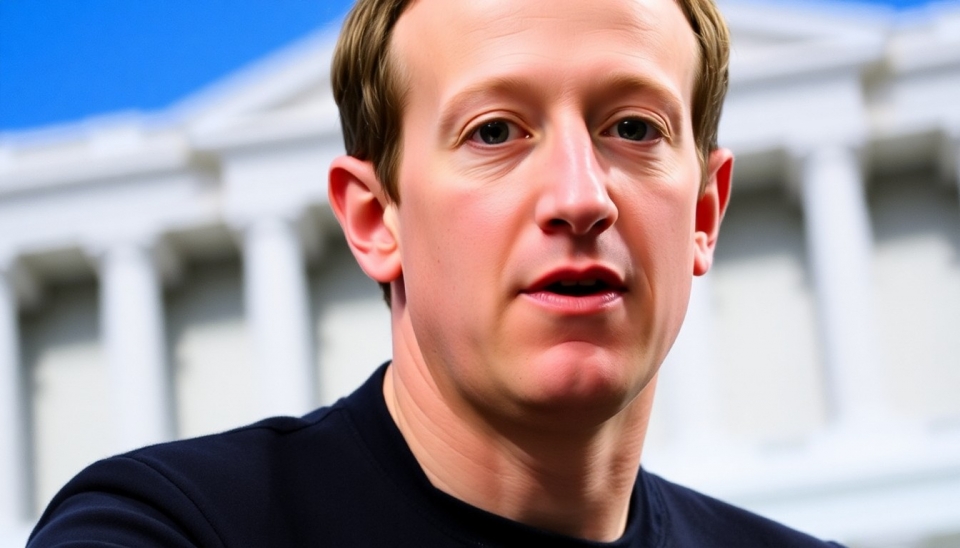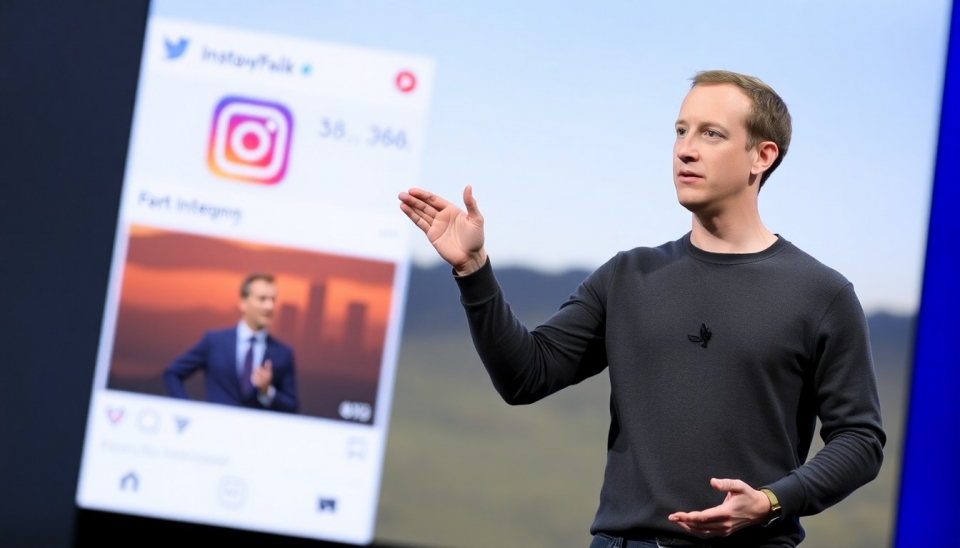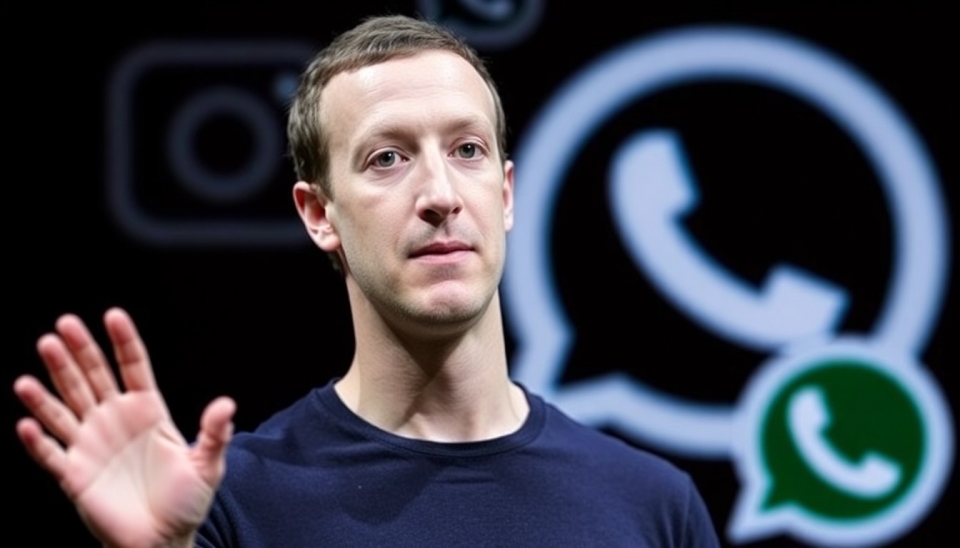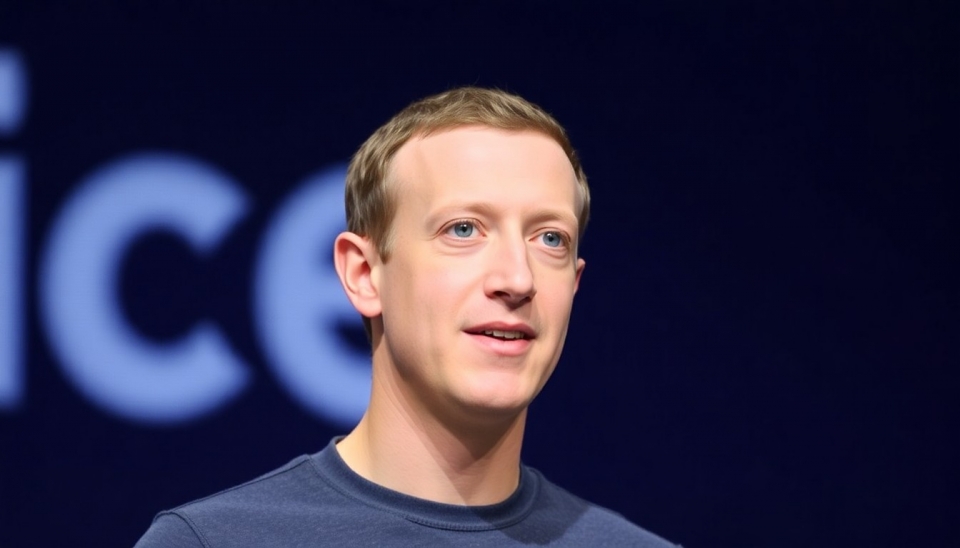
In a significant policy shift, Meta Platforms, Inc. has announced that it will be easing its content regulations in the United States, coinciding with Donald Trump's anticipated return to social media platforms. This adjustment marks a notable change in the company's stance on content moderation, especially concerning political figures and controversial content.
According to insiders, the changes reflect an evolving approach to content governance at Meta, spearheaded by Mark Zuckerberg himself. The reforms seem to cater to a more lenient environment for political discourse as the 2024 election cycle heats up. This decision has raised eyebrows, suggesting a move that some analysts interpret as a strategy to regain user engagement and foster open dialogue ahead of the elections.
The relaxed guardrails are designed to be more forgiving concerning posts that might have previously violated Meta's community standards. Observers have noted that this shift aligns with a broader trend of social media platforms reassessing their policies in light of increasing political pressures and changing public expectations. Notably, Trump's reinstatement on platforms like Facebook and Instagram has catalyzed discussions around the implications of allowing controversial figures back into the social media narrative.
Critics argue that this move could lead to the proliferation of misinformation and further polarization within the political landscape. They contend that the relaxation of rules could enable a resurgence of harmful rhetoric that some had hoped would be curtailed following previous moderation efforts. Proponents of the changes, however, claim it is crucial for maintaining a vibrant public square where diverse viewpoints can contend openly, even if some of those views are contentious or provocative.
The decision also ties into the larger narrative of regulatory scrutiny faced by social media companies, as governments worldwide grapple with the controls necessary to protect users while fostering freedom of expression. Meta’s strategy appears to navigate these complexities by building provisions that can adapt to the evolving political climate.
As we move closer to the elections, industry observers will be closely monitoring the impacts of these policy changes on platform engagement and the political conversation across the nation. The ramifications could shape not only the upcoming election cycle but also the future of content moderation on social media platforms moving forward.
The broader implications of this shift could redefine how political discussions are conducted online, prompting questions about the responsibilities of technology companies in managing discourse on their platforms. With Trump’s potential return marking an inflection point, the contours of the social media landscape may be set for dramatic changes as the new year unfolds.
In summary, Mark Zuckerberg's decision to lift content guardrails signifies a pivotal moment in social media policy, raising critical ethical questions about the role these platforms play in shaping political narratives and public opinion in the United States.
#Zuckerberg #Meta #Trump #SocialMedia #ContentModeration #Election2024 #PoliticalDiscourse
Author: Liam Carter
